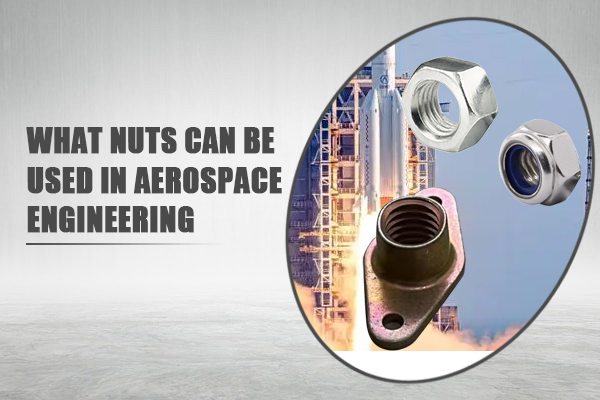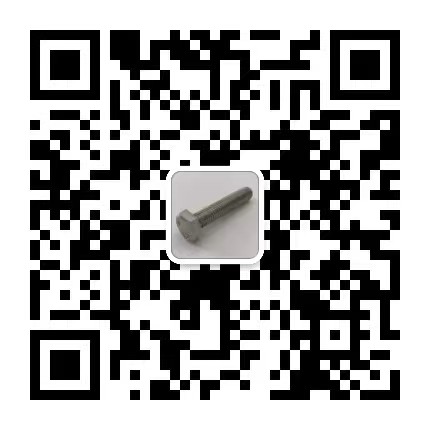VIDEO & CENTER

In aerospace engineering, various types of nuts may be used depending on the specific application, requirements, and constraints of the project. Some common nuts used in aerospace engineering include:

Stainless Steel Nuts: These are often used due to their corrosion resistance and durability, which are important factors in aerospace applications where components may be exposed to harsh environments.
Titanium Nuts: Titanium is known for its high strength-to-weight ratio and corrosion resistance, making it suitable for aerospace applications where weight reduction is critical.
Aluminum Nuts: Aluminum nuts are lightweight and corrosion-resistant, making them suitable for non-critical applications where weight savings are important.
Inconel Nuts: Inconel is a family of nickel-chromium-based superalloys known for their high temperature and corrosion resistance. Inconel nuts are often used in high-temperature aerospace applications such as engine components.
Monel Nuts: Monel is a group of nickel alloys known for their high strength and excellent corrosion resistance, particularly in acidic and marine environments. Monel nuts may be used in aerospace applications where corrosion resistance is crucial.
A286 Stainless Steel Nuts: A286 is a precipitation-hardening stainless steel alloy with high strength and excellent corrosion resistance at elevated temperatures. A286 nuts are commonly used in aerospace applications such as turbine engines.
Phosphor Bronze Nuts: Phosphor bronze nuts offer good corrosion resistance, excellent electrical conductivity, and high strength, making them suitable for certain aerospace applications such as electrical connections.
Nylon Insert Lock Nuts: Nylon insert lock nuts provide vibration resistance and are commonly used in aerospace applications where preventing loosening due to vibration is essential.
Self-Locking Nuts: Self-locking nuts feature a locking mechanism that prevents loosening due to vibration or torque fluctuations. They are commonly used in critical aerospace applications where fastener failure is not an option.
It's important to note that aerospace engineering demands strict adherence to specifications and regulations, including material selection, quality control, and performance testing, to ensure the safety and reliability of aerospace components and systems. Therefore, the choice of nuts and other fasteners is carefully evaluated based on the specific requirements of each aerospace project.













